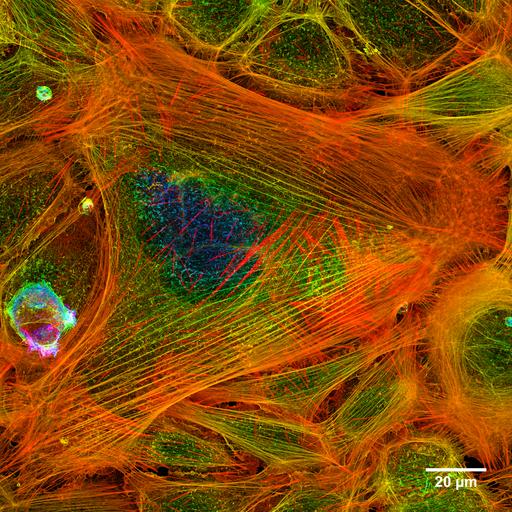“The war on drugs is an idea whose time has passed. . .”
Professor Bruce Alexander, in a February, 2015, speech entitled “Addiction, Environmental Crisis, and Global Capitalism,” identified addiction as a “desperate attempt at adaptation” in the face of fragmentation and dislocation of social networks and social support for individuals turning to addictive behaviors.
His speech addresses the challenges that fragment lives and dislocate people. Addiction, he feels, is basically a response to fragmented social structure. He is distressed that the Canadian government has taken a harsh stance towards drug users, in framing their war on drugs.
Rather than concentrating on drug and alcohol addictions, the historical perspective focuses on the full range of potentially destructive addictions, including sex, wealth, gambling, power, love, eating, shopping, hoarding, internet games, social networking, alcohol, drugs, pets, and on and on and on.
Fragmentation
The historical view of addiction starts with the fact that societies everywhere have become severely fragmented in the last five centuries (See Fig. 1, top quadrant). From the time of Christopher Columbus onward, large scale colonization by western powers has crushed defenseless societies around the globe by conquest, disease, enslavement, economic exploitation, religious domination, and devastation of local ecosystems (Wright, 2004; Mann, 2011).
Canadians know the history of colonization very well because it is our own history, both as the colonizers and the colonized. But is also the history of the entire western hemisphere, Africa, Asia, the Middle East, and much of Europe.
After discussing other topics, Professor Alexander provides an appraisal of 7 ways societies try to control drug use. The first and most prominent approach is that of a war on drugs. Professor Alexander’s views on that approachare stated below:
[Of the 7 most common approaches to drug use, the first is:]
1. Punish drug users, to the extent of declaring a “war” on drugs. This was the dominant approach in the late 19th century and the first two-thirds of the twentieth century. It is based on the assumption that drug addiction is a wilful act of evil. It disregards the both the historical view of addiction of addiction as a desperate attempt at adaptation and the Official View of addiction as a disease.
The outcome of a century of drug war has been ghastly (Alexander, 1990; Hari, 2014). But, faith in drug wars has still not entirely disappeared. It is still evident, for example, in the rhetoric and actions of the Harper government of Canada (Macpherson, 2014; Webster, 2014; Woo, 2015).
MY VIEW: The war on drugs is an idea whose time has passed among well-informed people virtually everywhere (except in the Harper government).
However, although this misbegotten war has proven to be a futile exercise in ham-handed violence, ending it will not solve our addiction or environmental problems. Moreover, its natural demise should not provoke an overreaction. It should not take away the power of communities to regulate their local society or of parents to control their children in a kind and sensible way.
There is much to be said for the politics of reasonable, local regulation of drugs that are worrisome to local societies, as illustrated by The Canada Temperance Act of 1878 (see Alexander, 2010, pp. 379-382). However, even the best imaginable national and international drug policies can never have much effect on the vicious cycle of addiction and environmental destruction.
You will be able to read this very long but worthwhile article, entitled “Addiction, Environmental Crisis, and Global Capitalism,” at Professor Alexander on the war on drugs.



